

Today we’d like to introduce you to Cindy Davis.
Hi Cindy, we’d love for you to start by introducing yourself.
Like most elderly caregivers, Cindy Davis plan for it. What began as quick visits to check in on her parents slowly turned into managing every part of their lives—groceries, bills, medications, transportation, hospital stays, and eventually end-of-life. When she searched for guidance, all she found was jargon, red tape, and overwhelm.
Out of that experience came GeriScope, a platform designed to help family caregivers, healthcare professionals, and organizations navigate the non-medical realities of aging and end-of-life care. GeriScope bridges the gap between what happens at home and what the healthcare system sees, providing tools, guides, and education to make older adult care more coordinated, compassionate, and sustainable.
Cindy’s professional background spans healthcare, technology, and finance. As Chief Revenue Officer and Consultant for MyDirectives, she worked with clinicians, Medicare Advantage plans, and post-acute care providers to integrate digital advance-care-planning solutions that align medical decisions with patient goals. Earlier in her career, she financed senior-living projects, gaining firsthand insight into the housing, workforce, and policy challenges of an aging population.
Her academic foundation—a B.A. in Pre-Medicine from Dartmouth College and an M.B.A. from UCLA Anderson School of Management—gave her the analytical tools to translate complex systems into clear, actionable strategies. Her lived experience as a caregiver gave her the empathy and determination to put those skills to work for families like hers.
Today, Cindy speaks, writes, and consults on “The Unspoken STRAIN”—the hidden burden of caring for aging parents, spouses, and loved ones within a fragmented healthcare system while juggling kids and career. Through GeriScope’s digital guides, seminars, and professional programs, she helps families, healthcare providers, and employers recognize how senior care reshapes daily life and offers practical tools to manage it. Think of it as What to Expect When You’re Expecting—for the other end of life. Her work exposes blind spots beyond medical, legal, and financial issues—helping caregivers feel more competent and courageous, and care teams deliver support that fits the person, not just the diagnosis.
Would you say it’s been a smooth road, and if not what are some of the biggest challenges you’ve faced along the way?
It’s one thing to decide to be of service to the elderly, their loved ones, and caregivers; and another to build a sustainable, scalable, business venture.
I started out writing The Ultimate Elderly Caregiver’s Survival Guide but struggled to line up publishers without a minimum of 20,000 social media followers. While self-publishing is an option, it was more important to get the information into families hands and up to two years seemed like a long time to wait. So, I decided to revise the manuscript into twelve digital download guides priced between $3.99 and $6.99 that allowed people to get the topics they needed to address current concerns and those that will help with future planning. This approach has been well received.
Next, is the challenge of promoting the business. We’ve slowly built our social media and referral network; and are increasing the number of speaking engagements. Being discovered by organizations like Voyage Dallas reflects that momentum. Additionally, tech businesses focused on elder care have reached out to ask us to advise them on the Voice of the Caregiver. All combined, things are moving in the right direction.
Appreciate you sharing that. What should we know about GeriScope?
The name “GeriScope” connotes a vital device to provide an invaluable perspective on the geriatric landscape, giving readers the ability to foresee and manage the ups and downs of older adult caregiving. GeriScope maps four distinct phases—interdependence, supportive living, dependence, and end-of-life—that represent a major transition in the caregiving and aging adventure. These four phases are divided into nine chapters—some may be sequential, while others are one-off or revisited multiple times as a loved one’s health and wellbeing evolve. The tangled path charting movement through the nine GeriScope journey chapters is charted here. Each of the nine guides plus The Map, The Compass, and The Family Caregiver are priced from $3.99 to $6.99 each
Phase I – Interdependence
In the later stages of aging, decisions around maintaining independence begin to arise. “The Car” chapter addresses the difficult topic of when and how to stop driving, giving guidance on alternative transportation options and strategies for navigating the emotionally charged conversations around driving cessation. “The Moves” focuses on the practical and emotional aspects of downsizing or relocating to a living arrangement that better suits evolving needs, such as moving closer to family or transitioning to a senior-living community.
Phase II – Supportive Living
When capabilities decline, adapting the living environment becomes essential. “The Home” compares older adult living options and support levels, allowing elderly individuals and caregivers choose the best alternative for their current situation including aging-in-place, assisted living, and nursing home options. “The Help” chapter delves into supplemental care, from hiring professional caregivers and aides to leveraging community resources for daily support and safety.
Phase III – Dependence
When dependency on others increases, tough conversations and planning take center stage. “The Talk “covers important discussions regarding advance health care planning and the individual’s medical goals, treatment priorities, and end-of-life preferences. “The Crisis” provides tools to manage medical emergencies, including emergency room visits, hospitalizations, and the transition to post-acute care settings, so families remain calm and prepared during high-stress moments.
Phase IV – End-of-Life
The final phase addresses the complexities of EOL decision-making and activities. “The End” explores palliative and hospice care options, focusing on providing comfort, managing pain, and supplying emotional support when loved ones enter the final stages of life. “The Death” walks readers through the immediate aftermath of a loved one’s passing, covering practical tasks such as funeral arrangements and disposition of the body. Finally, “The Grief” chapter explains anticipatory, good, and complicated grief suggesting resources and strategies for coping with loss, including bereavement counseling and support groups.
Each chapter is interconnected, providing a full-spectrum view of elder care that allows patients, insurance beneficiaries, employees, and clinicians to find the information they need for their current situation, while also preparing them for the adventures to come. This structure ensures that The Guide will be a continuously referenced guide throughout the typical 5.5-year caregiving journey, making it an indispensable resource when traversing the turbulent murky waters of elder care.
What Does “GeriScope” Mean?
– Geri comes from geriatric—the stage of life when independence fades and daily life takes more coordination, care, and courage.
– Scope means to see—to step back, spot the patterns, and understand what’s really going on.
Together, they form GeriScope—a way to see the real-world challenges of growing older and the support it takes to live well.
Who We Help – GeriScope focuses on the part of life most people don’t talk about until they have to—when aging loved ones start slowing down, medications multiply, and every appointment comes with new instructions.
It’s the stage where families start coordinating rides, handling finances, and worrying about falls or memory lapses all while trying to make sense of what doctors, insurers, and aides are saying.
How We Help – That’s where GeriScope fits. By educating senior caregivers on how to communicate what’s taking place outside the office into the exam room, we help healthcare teams deliver more well-informed diagnoses and recommendations that meet elderly needs and everyone’s desire to know and do better.
Our Mission – You’re caring for someone who once cared for you. It’s hard to know what to ask, what to expect, or what comes next. GeriScope helps you make sense of it all—turning research, real experience, and practical tools into guidance you can use right now. We show you how to communicate what’s happening at home so healthcare teams can respond with the right support.
Our Vision – We’re helping to build a reality where family caregivers walk into appointments prepared, confident, and heard. Healthcare teams listen, respond, and collaborate. Older adults receive care that fits their needs and values. The system works because everyone finally speaks the same language of care.
Comparable content and approaches: The landscape of older adult care books has expanded since 2005, with several titles providing eldercare guidance on specific aspects of eldercare. These books cover a range of physical, emotional, financial, and legal topics each taking a wide and varied approach and perspective. Some blend research with personal stories, while others lean more heavily on clinical expertise or journalistic inquiry. The authors also come from diverse backgrounds—medical professionals, researchers, journalists, and family caregivers. Many newer titles, focus on specific illnesses like cancer, Alzheimer’s, and dementia. However, none of the existing titles comprehensively address the broad spectrum of topics that The Guide covers. For example, few if any, address driving cessation, packing and moving, advance care planning, managing emergency room visits and post-acute care discharge, making funeral arrangements, and handling grief. Furthermore, no current titles integrate a post-COVID perspective or data.
Bottom line: You didn’t train for this—but with the right guide, you’ll handle whatever comes next.
Is there any advice you’d like to share with our readers who might just be starting out?
Start with an idea but don’t be locked into one path to get there. By being open to new approaches exciting and previously unknown opportunities present themselves.
Surround yourself with good advisors and sounding boards that not only cheer you on but also question your thinking and suggest alternatives.
It always costs more money and takes more time than you think. Budget and pace yourself.
Pricing:
- Digital downloads from $3.99 to $6.99.
- Webinars and seminars – Sessions are available in person or online, with pricing based on format—$35 per attendee for single talks and $150 per participant for multi-session workshops. Nonprofits are welcome at no cost.
- Business consulting on elderly caregiver perspectives available on project and hourly basis.
Contact Info:
- Website: https://www.geriscope.com
- Facebook: https://www.facebook.com/GeriScope/
- LinkedIn: https://www.linkedin.com/in/cindydavisgeriscope/
- Youtube: https://www.youtube.com/@geriscope
- Other: https://bsky.app/profile/geriscope.bsky.social
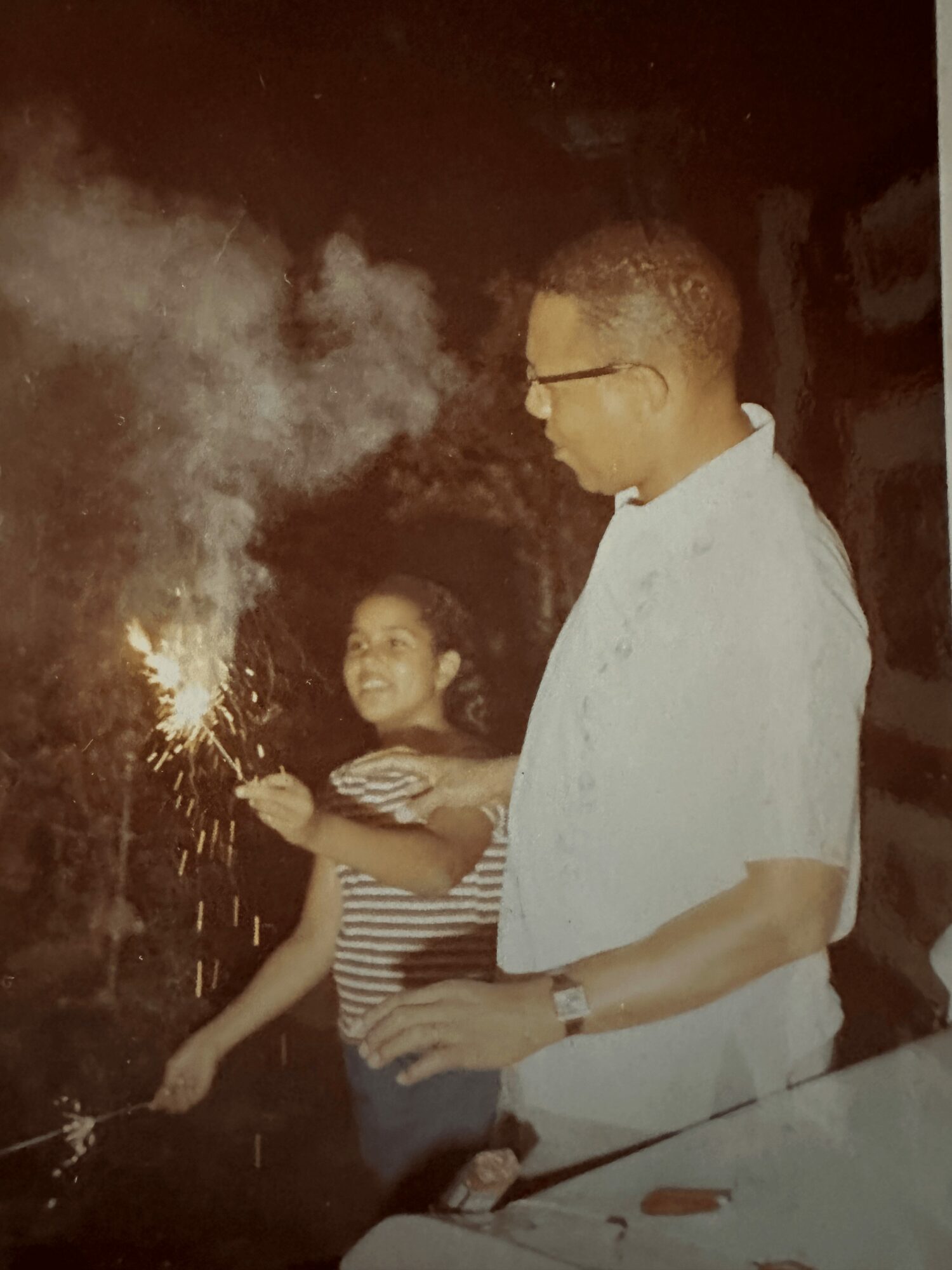
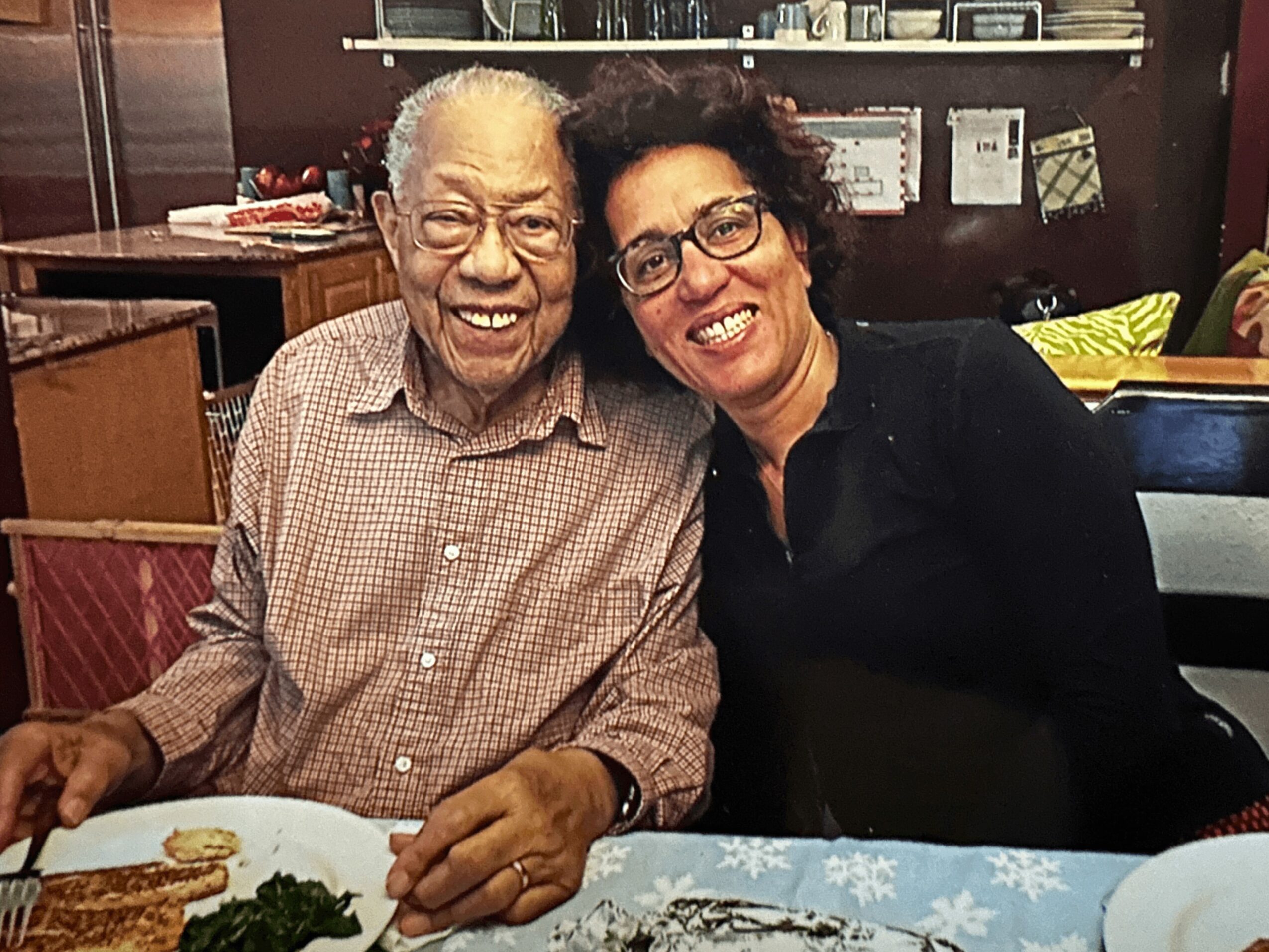
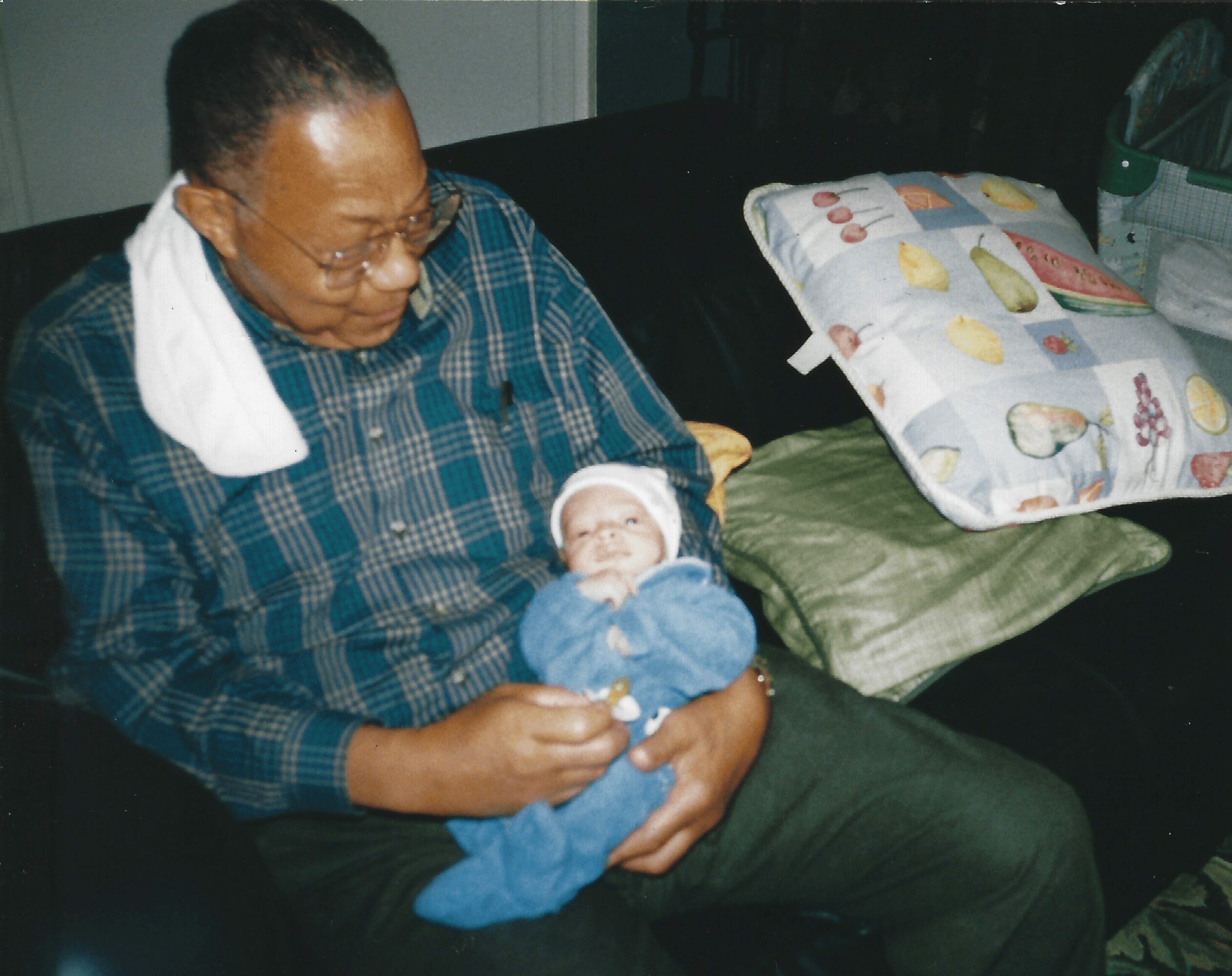
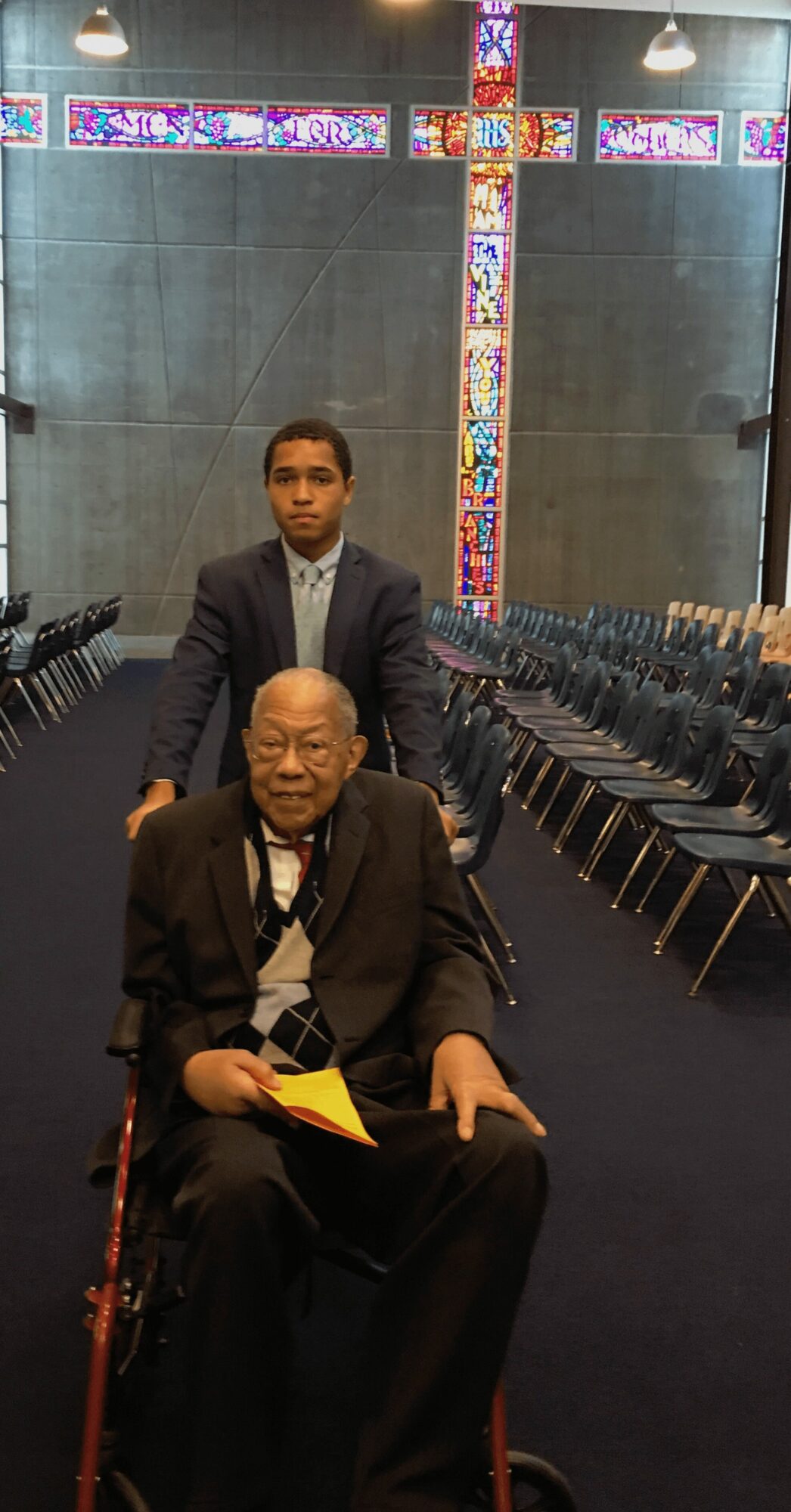
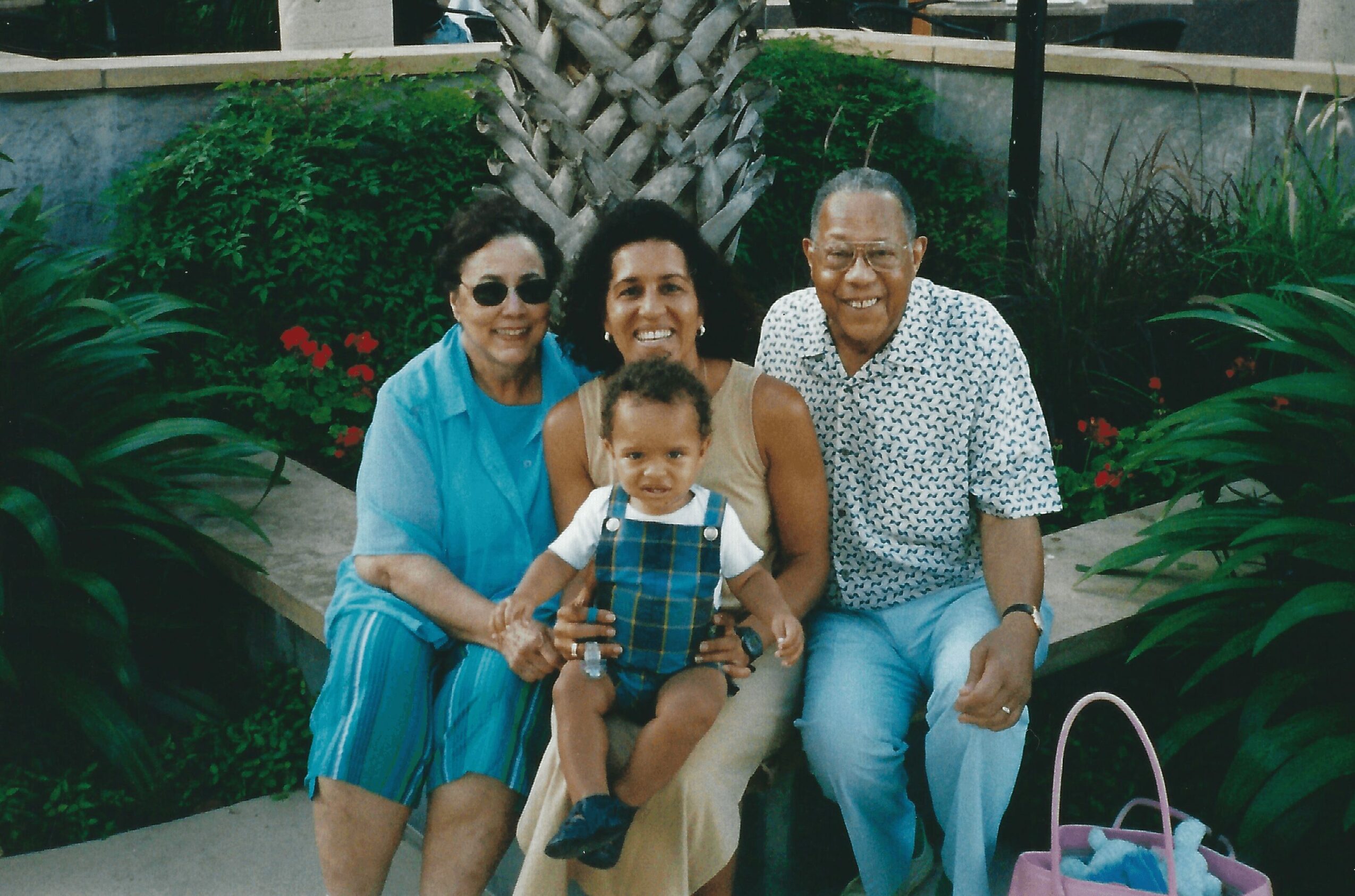
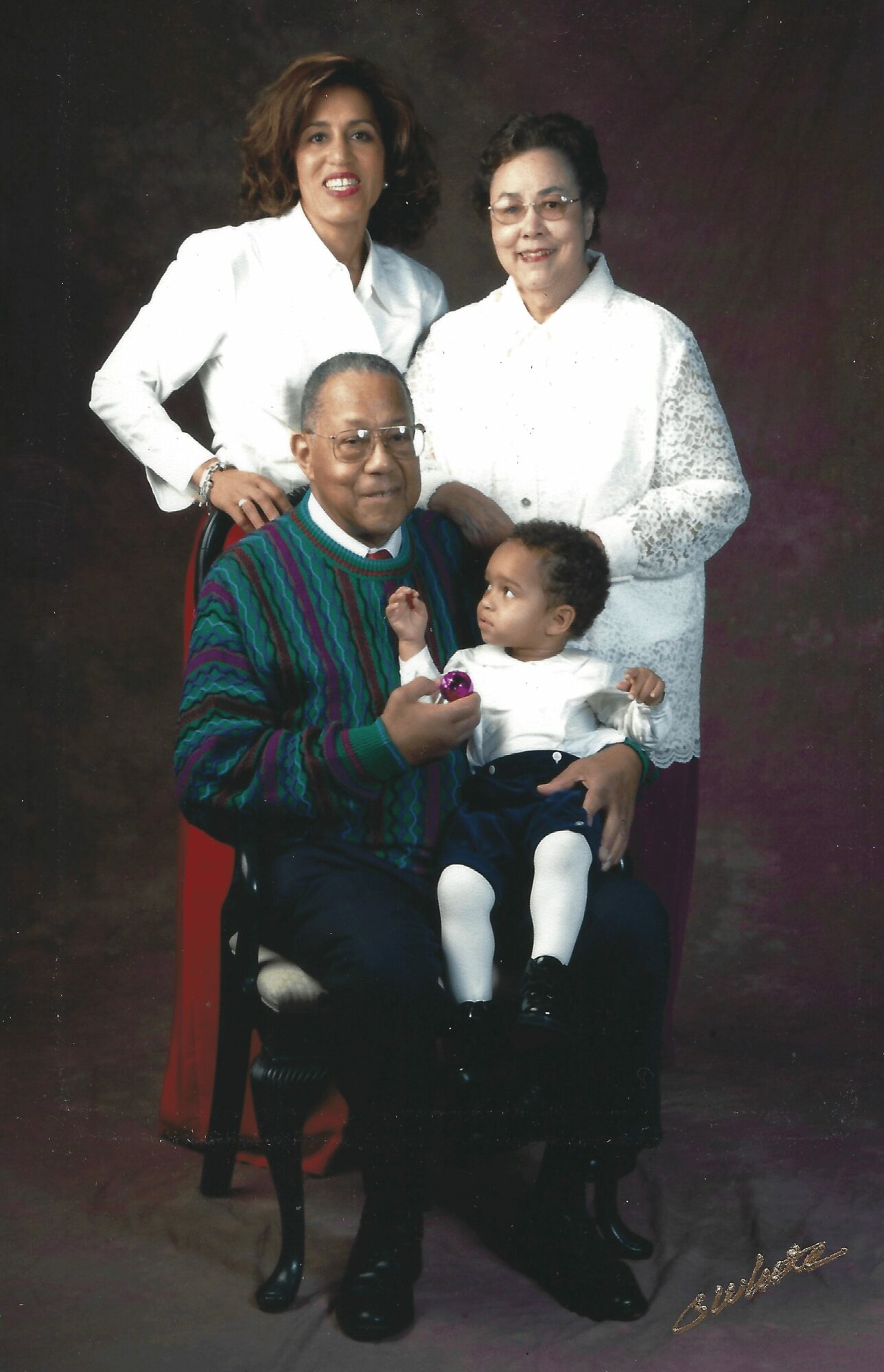
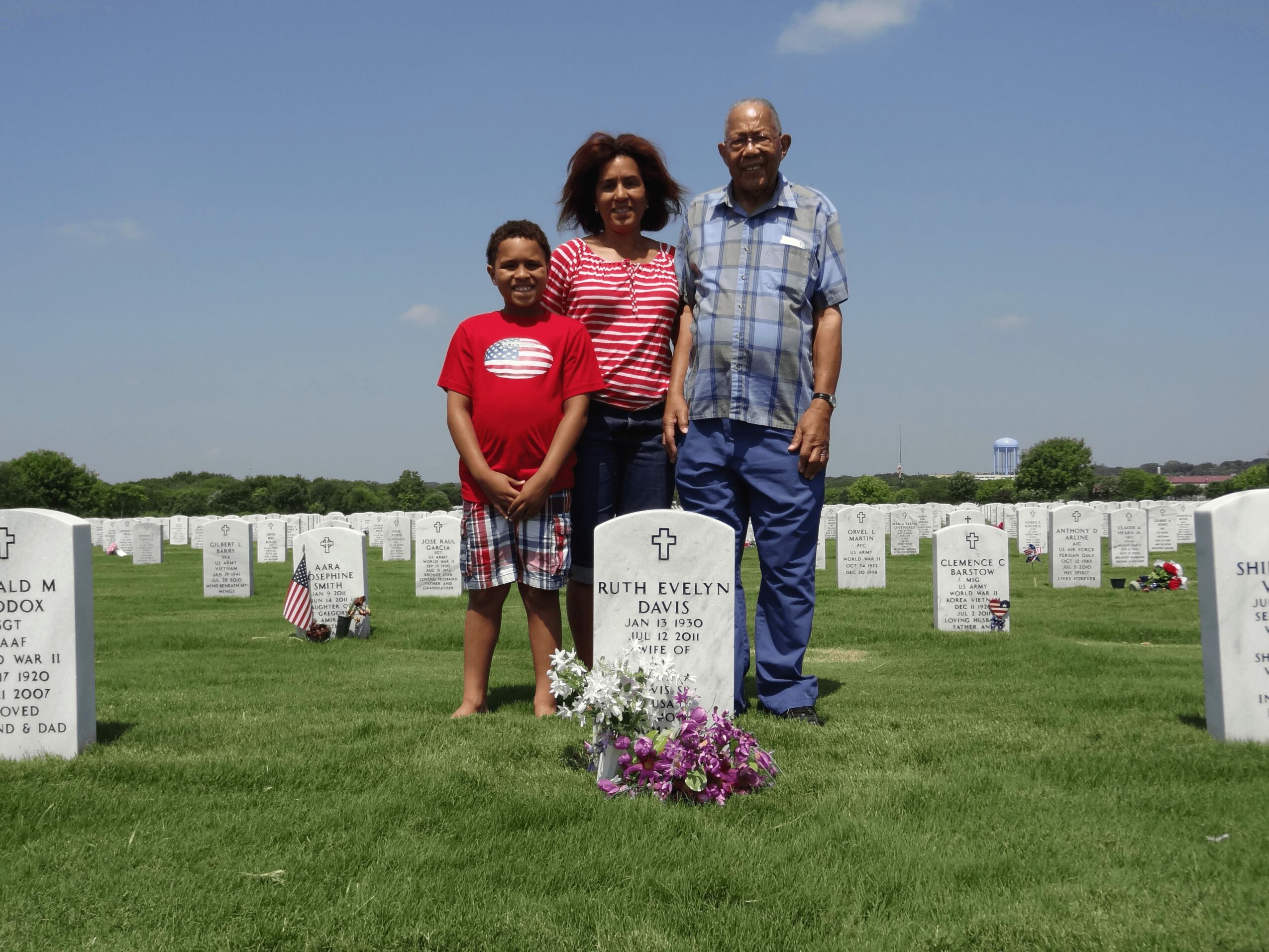
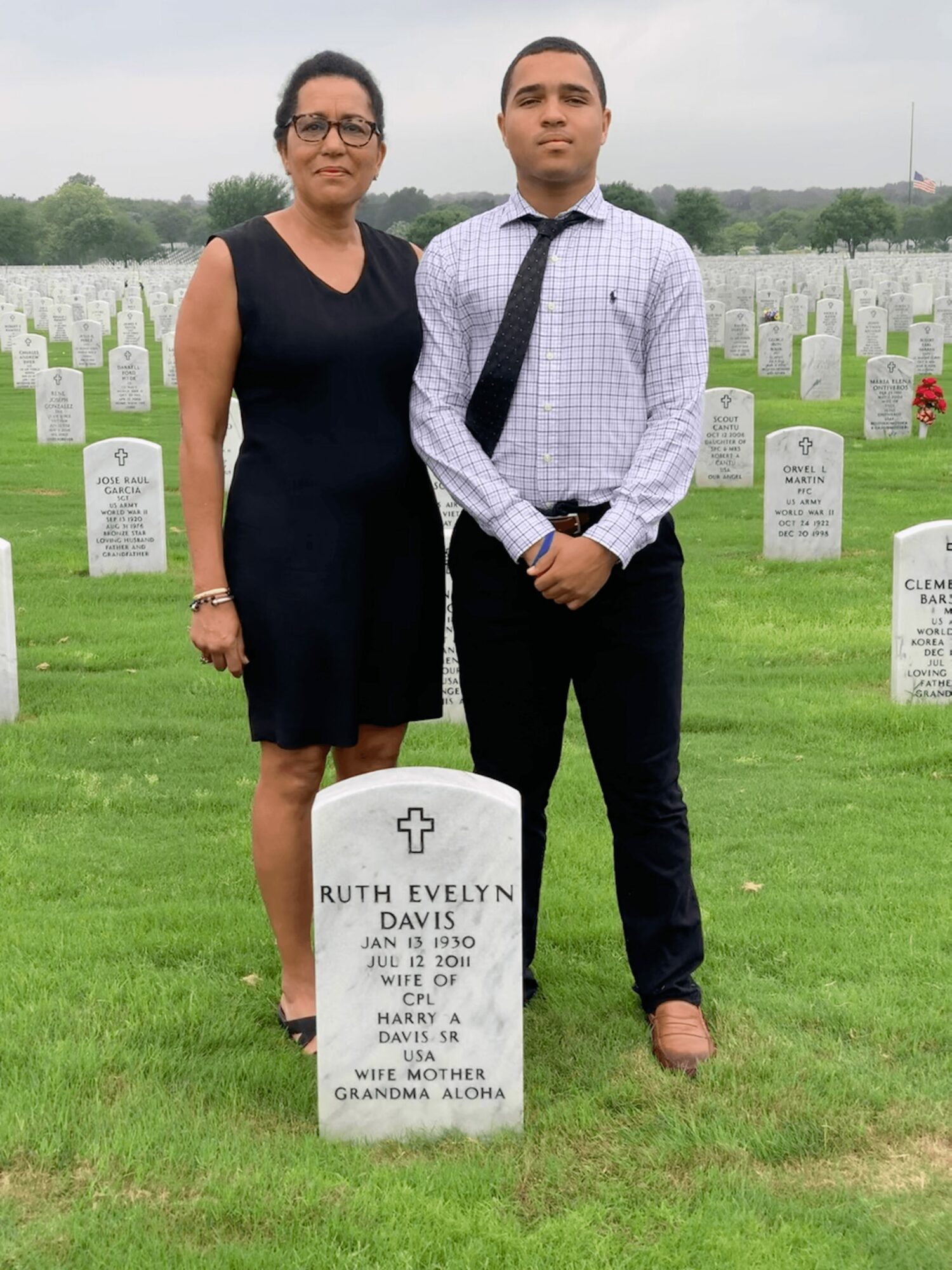
Image Credits
All personal photos.










